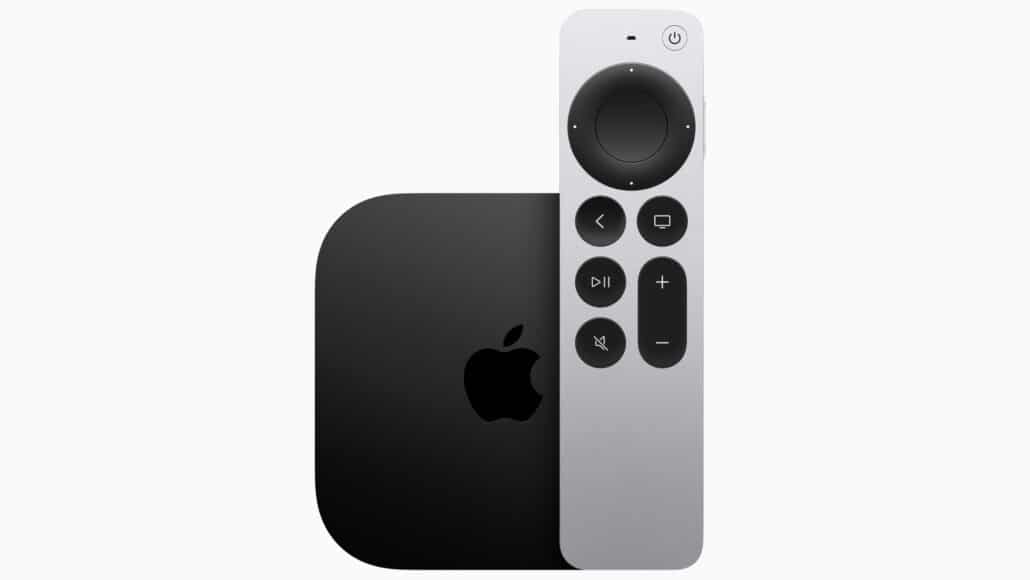
Apple may get a detailed log of every App Store search you make
Despite positioning itself as a pro-privacy tech company, Apple has been accused by iOS developers of behavior that “should raise many privacy concerns.” It all relates to the ads on the App Store, and the way usage data is allegedly shared with Apple even when the user has turned off analytics sharing and personalized recommendations.
The Twitter account Mysk, which is run by a pair of devs in Canada and Germany, posted a thread last week warning that, if you’re using the App Store app in iOS 14.6, “every tap you make” is recorded and sent to Apple. This happens regardless of user preferences and settings, the devs claim. Apple has several toggles designed to reduce tracking, but the developers say that “opting-out or switching the personalization options off did not reduce the amount of detailed analytics that the app was sending.”
The thread further points out that this seems ironic, given that iOS 14.5 saw the introduction of strict measures to prevent third-party devs from tracking users without consent.
It’s worth noting that the iOS 14.6 operating system is more than a year old now, and the authors of the thread concede that they don’t know if the same behavior happens with iOS 16. Apple last updated iOS 14 in October 2021 to 14.8.1, which is newer than the version tested here.
But this seems more of a question of intent than one of technology, given that the tracking was happening amid the implementation of high-profile pro-privacy measures. It’s hard to see why Apple would still have been harvesting usage data under iOS 14.6 and then backtracked in a later update without any obvious motivation.
Indeed, if anything Apple has shifted its business model in the opposite direction since the heady days when App Tracking Transparency was being trumpeted as the future of user privacy. The increasing prevalence of ads on the App Store–despite the store already being a phenomenal revenue driver for Apple–hints at a strategy focused on wringing out every drop of available income rather than prioritizing the user experience. And ads, of course, are far more effective when optimized with user data.







